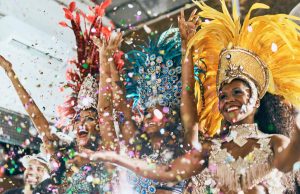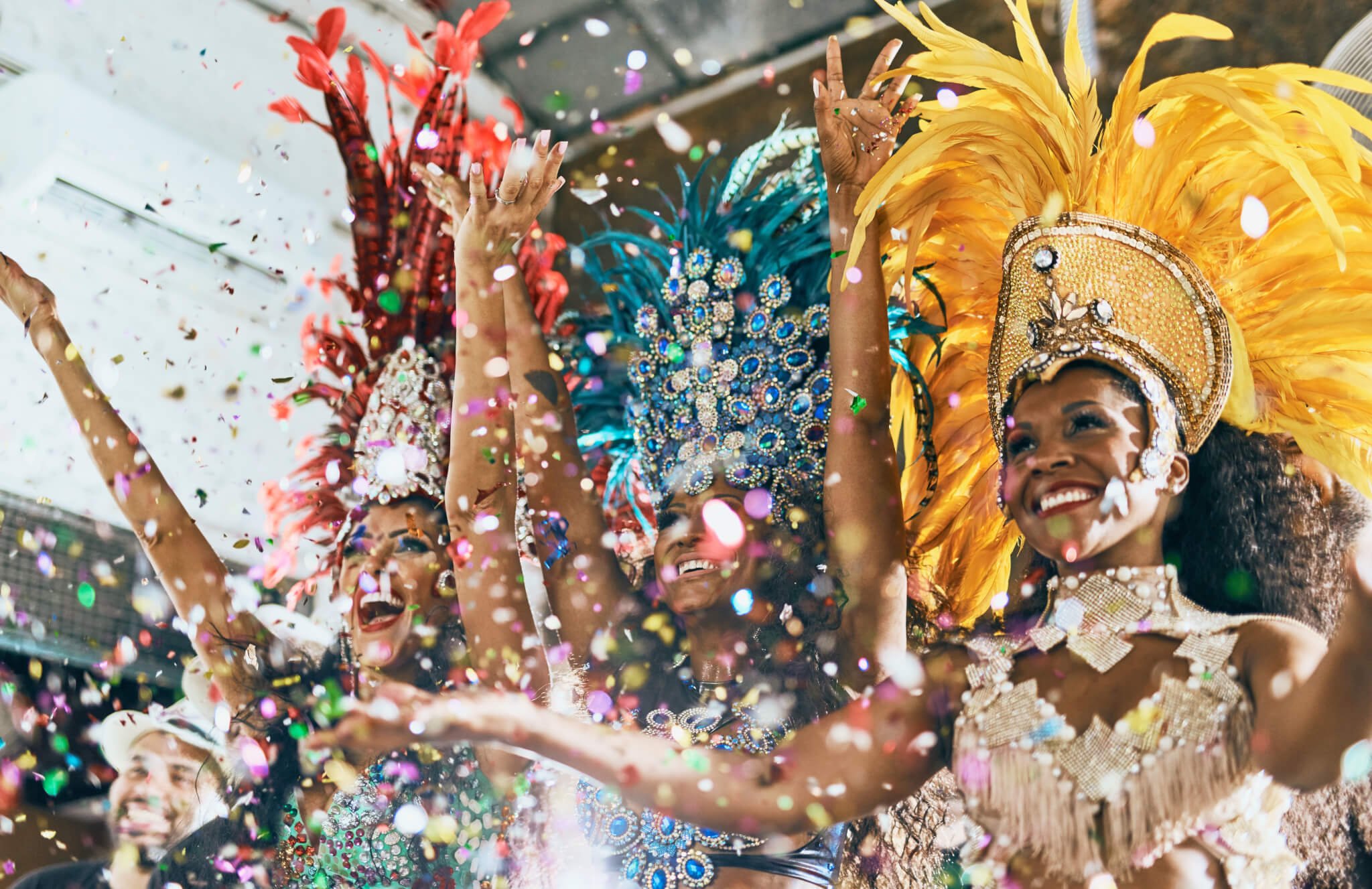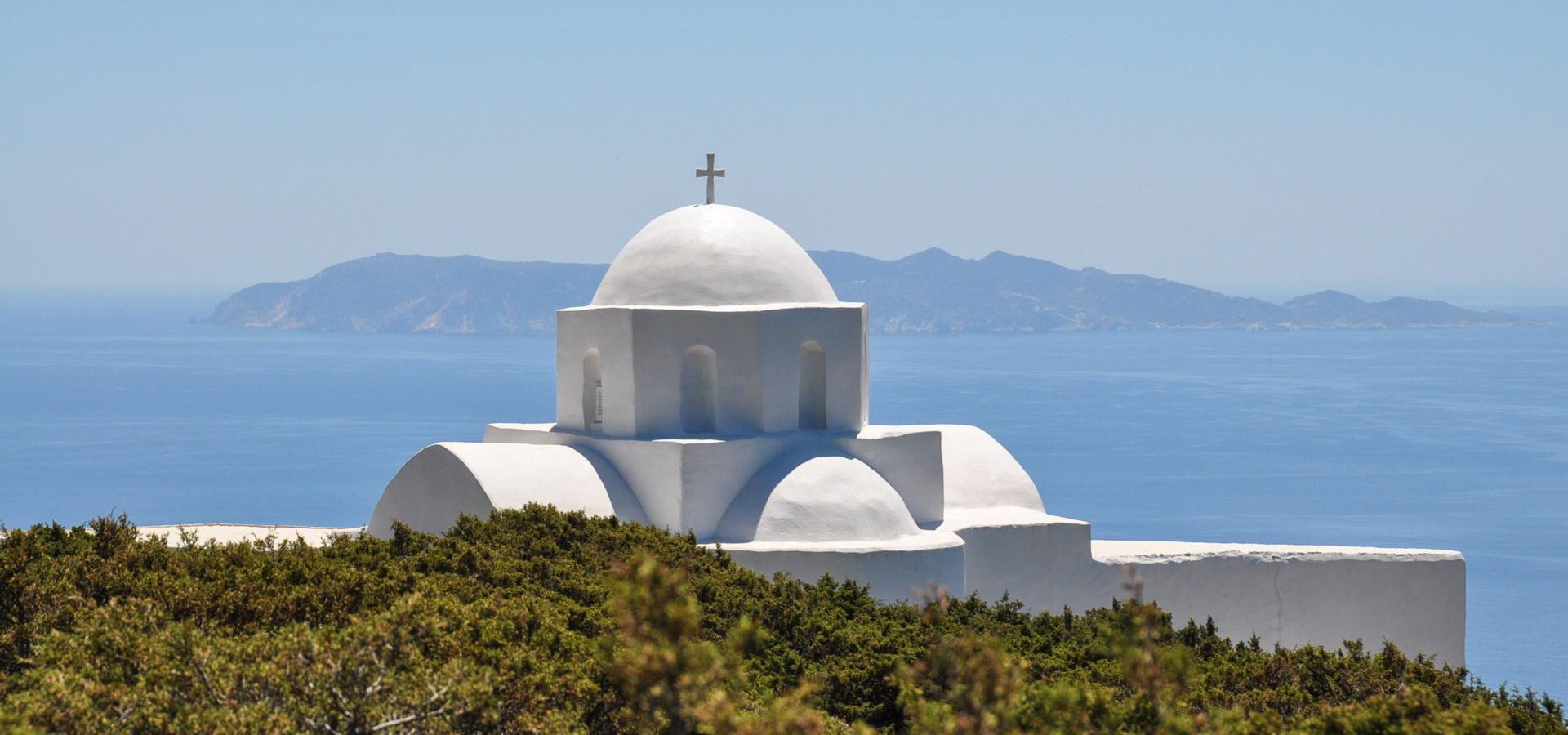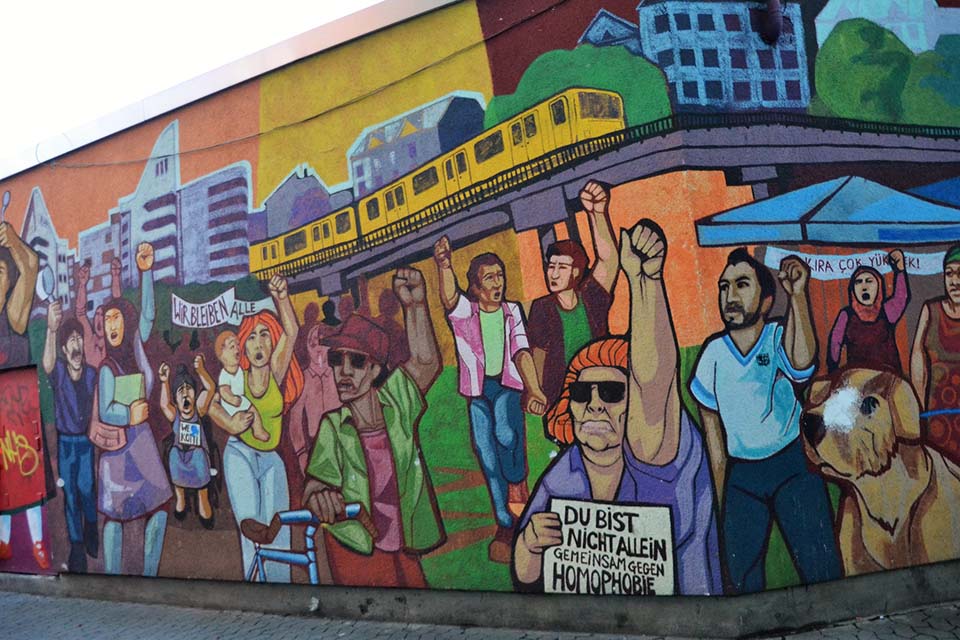The Vibrant World of Brazilian Carnival: History and Current Practices
When it comes to celebrations, the Brazilian Carnival stands out as one of the most vibrant and exhilarating events in the world. Its rich history and current practices bring together people from all walks of life, creating a unique melting pot of cultures, music, and costumes. As a Brazilian, I am proud to share some insights into the fascinating world of this remarkable celebration.

The origins of the Brazilian Carnival can be traced back to ancient Roman festivals that celebrated Saturnalia and Bacchanalia. These events were marked by excessive feasting, music, and revelry, and the traditions were eventually brought to Brazil by Portuguese colonizers. However, it was the blending of European, African, and Indigenous cultures that truly shaped the modern Carnival.
One of the defining features of Brazilian Carnival is the samba music, a rhythm that pulsates through the streets and ignites the passion of millions. Samba originated in Rio de Janeiro’s vibrant favelas, or shantytowns, as a form of expression for the Afro-Brazilian community. The rhythm is infectious, and its beats can be heard long before the actual festivities begin. People dance to the samba music with extravagant costumes, colorful feathers, and awe-inspiring floats, creating a mesmerizing spectacle.
The heart and soul of Carnival lies in the samba schools, which are social organizations that compete against each other in a parade. These schools dedicate months of preparation, designing costumes, building floats, and composing samba songs. Each school tells a story through their parade, often highlighting social issues, historical events, or paying homage to Brazilian icons. The sheer creativity and dedication of these samba schools are truly awe-inspiring.
In addition to Rio de Janeiro, other cities in Brazil also celebrate Carnival in their unique and captivating ways. Salvador, known as the “Carnival capital,” showcases the Afro-Brazilian influence with its high-energy music called “Axé.” The city transforms into a sea of people, dancing to the captivating sounds of drums and electric guitars. In Olinda, a historic city in the state of Pernambuco, the Carnival celebrates the vibrant local culture with traditional folk dances like frevo and maracatu. The whole town becomes a stage, with people parading through cobblestone streets, adorned with colorful costumes and giant papier-mâché puppets.
Carnival in Brazil is not just about the parades and music; it’s also deeply rooted in social and cultural traditions. The tradition of “blocos,” or street parties, brings people together to enjoy music, dance, and revelry in a more informal setting. These blocos are organized by groups of friends, neighborhood associations, or local businesses, each with its unique theme and identity. It is a time when social barriers are broken down, and people from all backgrounds come together to celebrate as equals.
The inclusive nature of Brazilian Carnival is testament to the country’s diverse society. Regardless of age, gender, social class, or ethnicity, everyone is welcome to join in the festivities. It is a time when the streets become a playground for self-expression, where costumes reflect individual creativity and imagination. From the elaborate outfits of the samba dancers to the jesters and superheroes, Carnival is a time when people can become whoever they want to be, stepping outside of their everyday lives and embracing the joy of celebration.
However, it’s essential to recognize the challenges that the Brazilian Carnival faces. The celebration has become increasingly commercialized, with sponsored floats and VIP areas, distancing it from its grassroots origins. Moreover, issues of cultural appropriation have surfaced, as some costumes and themes can perpetuate stereotypes or exploit cultural symbols. It is an ongoing conversation that asks us to reflect on the commercialization and cultural sensitivity of this beloved tradition.
Despite these challenges, Brazilian Carnival remains an incredible celebration of life, culture, and diversity. It is a reminder of the resilience and passion of the Brazilian people, a time when the troubles of daily life are momentarily swept away by the contagious energy of music and dance. It is an unforgettable experience that should be on everyone’s bucket list, offering a glimpse into the vibrant soul of Brazil.
From the dazzling parades of Rio de Janeiro to the lively street parties of Salvador, the Brazilian Carnival is a truly remarkable celebration that encapsulates the spirit of this colorful country. It is an embrace of diversity, a fusion of cultures, and a testament to the power of music and dance to bring people together. Whether you’re a seasoned traveler or a curious explorer, experiencing the magic of Brazilian Carnival should be high on your list of adventures.











